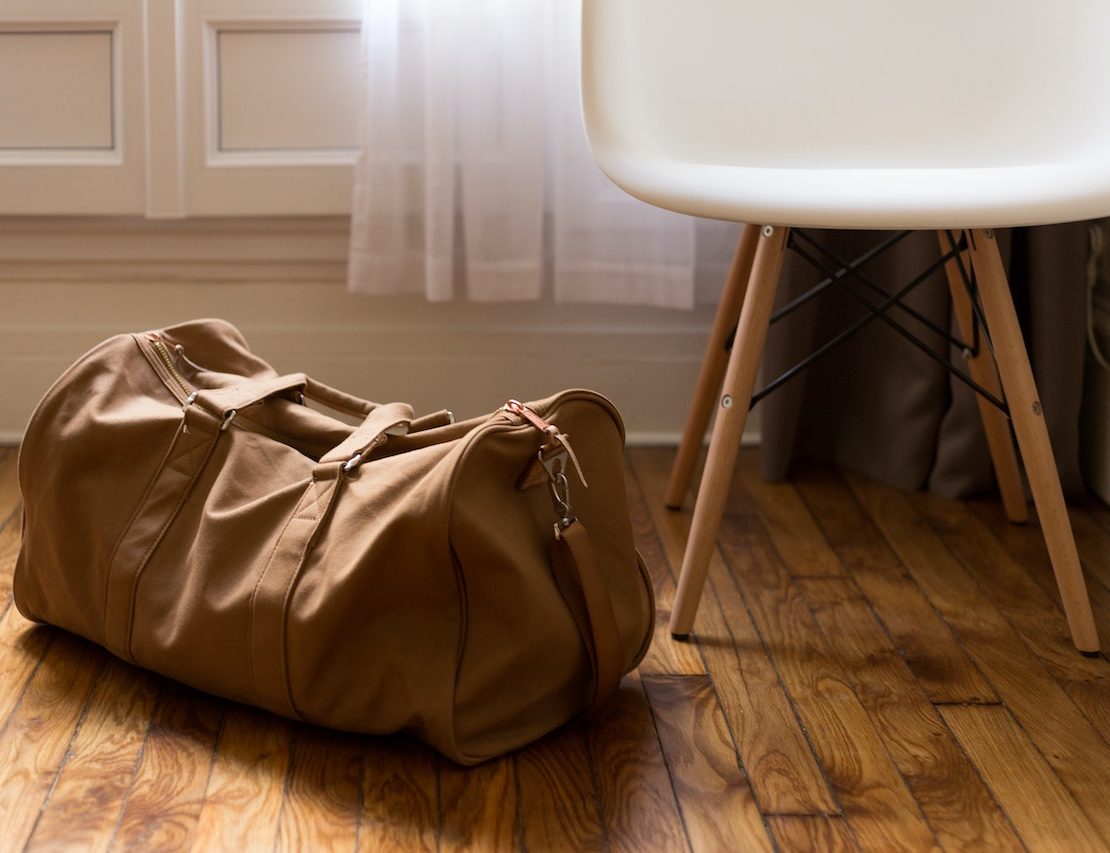It’s typhoon season once again, which means we all have to be prepared for the worst. Aside from making preemptive arrangements, like stocking up on food and charging power banks, preparing an emergency bag should also be a priority.
[READ: What should be in your flood survival kit]
Aside from bottled water, clothing, personal care products, flashlights, protective gear and first aid kits, emergency bags should also include important documents and essential items that you’ll need after the emergency has passed.
Here are a few items that you should have in your emergency bag:
Proof of identity
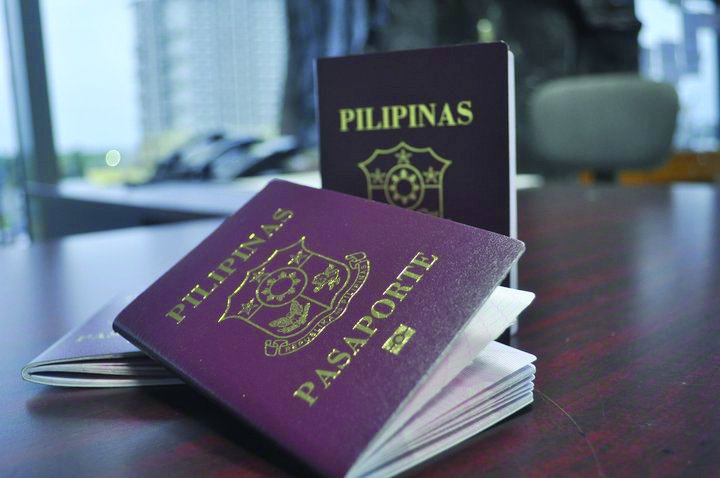
Birth certificates, government-issued IDs and passports are things you should include in your emergency bag. If the original copies need to be stored somewhere else for safekeeping, you should make photocopies of these documents and tuck them in a secure pocket inside your emergency bag.
Titles and deeds to land
The worst case scenario when it comes to calamities is that there’s no home to return to after the disaster. This is exactly why you’ll also need to have important documents that state ownership over land and other real estate assets ready to go. Make sure you have notarized copies of titles and deeds photocopied and in your possession so you won’t be left floundering if disaster ever strikes.
Insurance documents
Another tough thing to deal with in the aftermath of a disaster is insurance. If your assets (like cars, homes, properties and even family members) are insured, you’ll need to present the right documentation to receive your claim. Keeping all of the insurance-related documents in your emergency bag will make it easier for you to iron out all the details when the flood subsides or the dust settles.
Passbooks and other financial documents
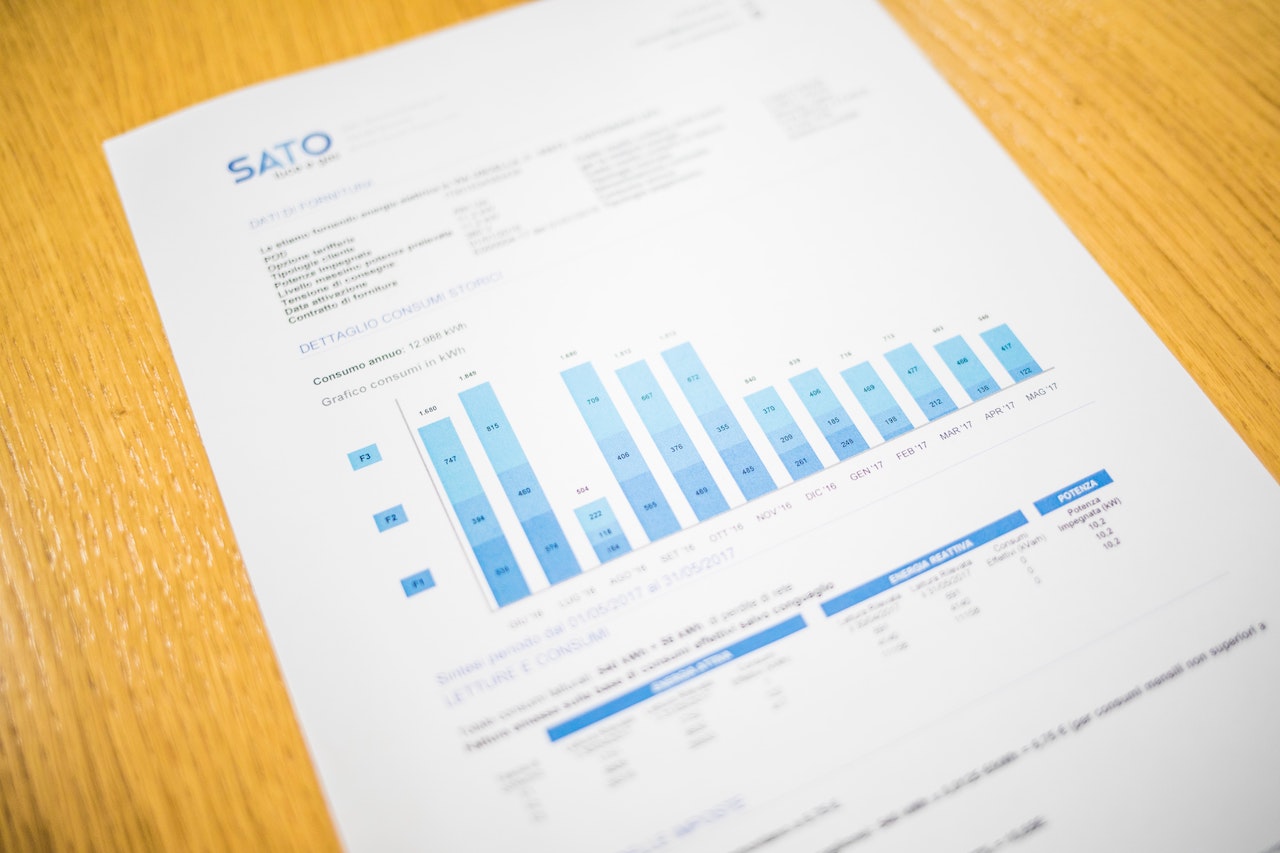
Passbooks and other bank-related documents are also extremely important when packing an emergency bag. Rebuilding after a calamity costs money, and you’ll want to make sure that you have access to your bank accounts. If these documents can’t be stored in your bag, at least make sure that they’re all in one place and ready for transferring in case of an emergency. You wouldn’t want any of these documents to land in the hands of other people, so it’s always best to be safe than sorry.
Medicine
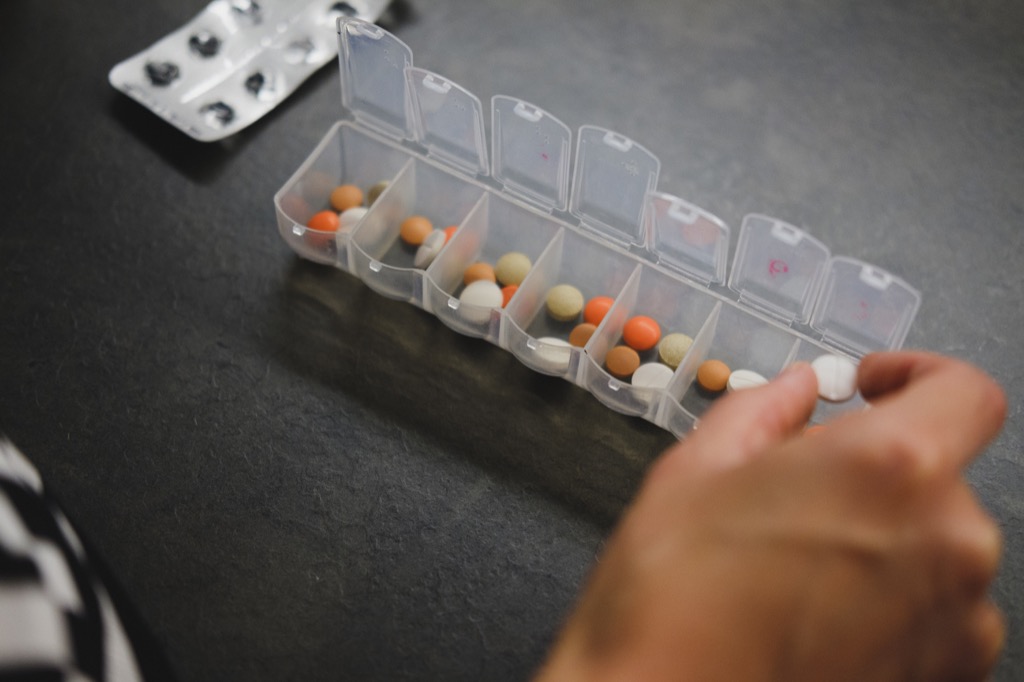
Storing medicine in your emergency bag may be obvious, but you also have to make sure you pack medicine for specific needs. If you or anyone in your family have chronic illnesses that require prescription medication, have the prescription refilled and pack it in the emergency bag. Pharmacies might not be available in case anything big happens, so having the necessary medication on hand could be a lifesaver—literally.
Duplicates of keys
Emergencies can rattle even the most cool-headed people, which means things might get forgotten in the midst of a crisis. Having a duplicate set of keys in your emergency bag will save a lot of time and effort if you’re trying to run to safety as quickly as possible.
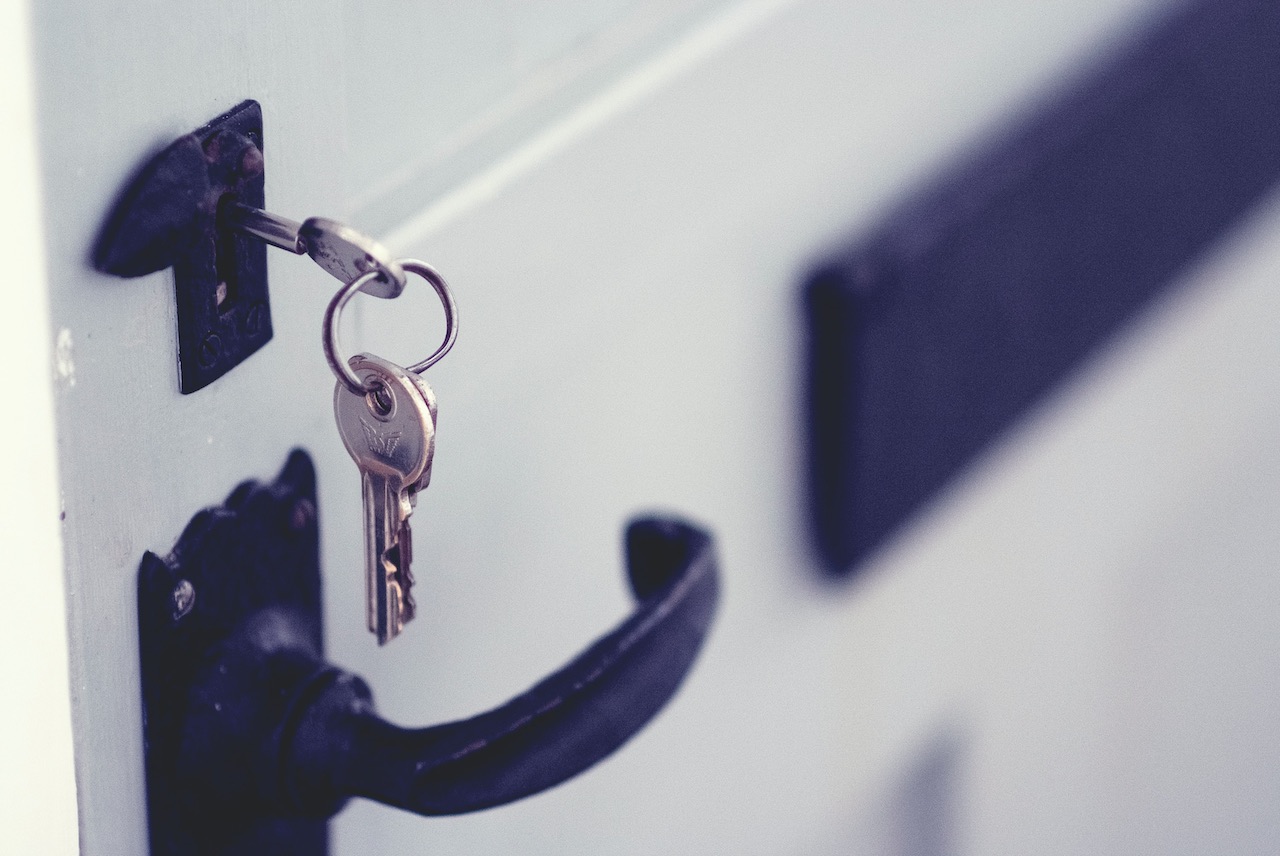
Make sure you duplicate keys to your home, office, car and bank safe so you won’t be left out in the cold when it’s time to get things in order.
COVID-19 safety gear
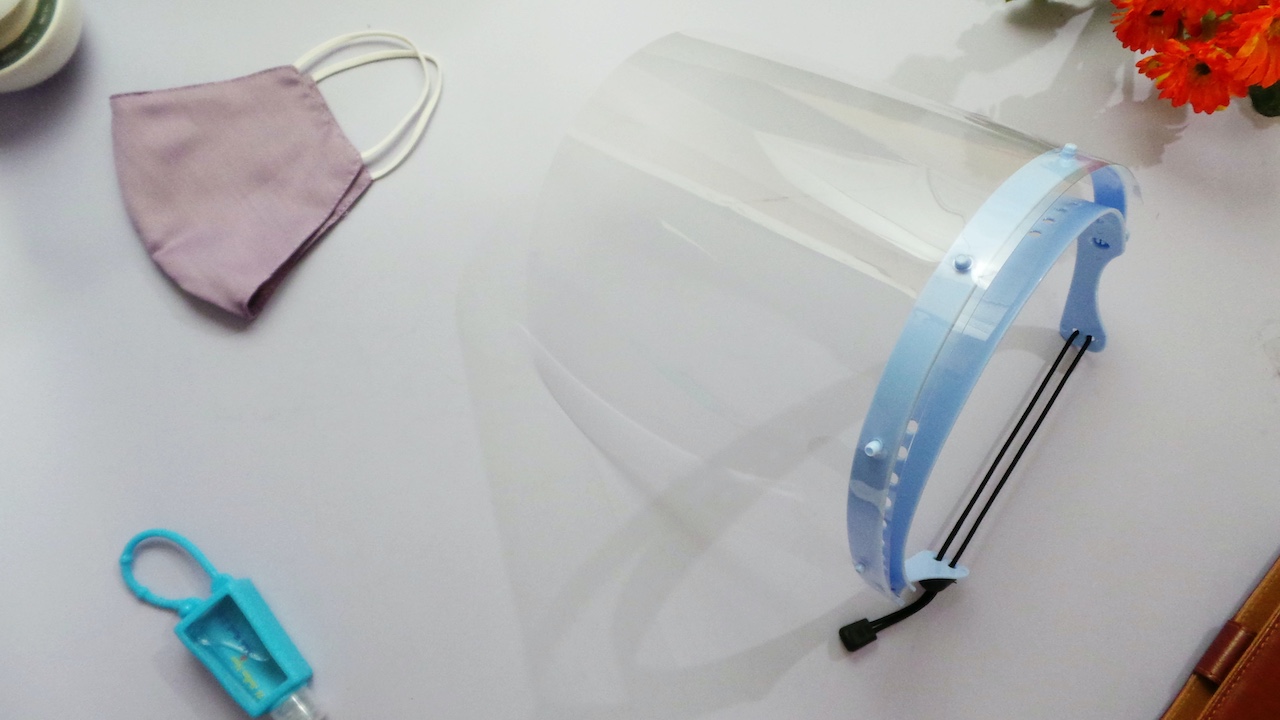
If you packed your emergency bag before the pandemic hit, you’ll need to update it with some COVID-19 safety gear. Pack a few spare masks, face shields and bottles of alcohol just to be safe. Although we’re already in the middle of a crisis, you never know when things might get worse.
Some organizing tips
When you’re getting your documents and other necessities in order, keeping them safe, legible and intact are the top priority. For paper, make sure you store it in a watertight container, like a resealable pouch, so they don’t go soggy if a flood ever hits. Tuck these documents away in a safe compartment in the bag that only you can find.
For medicine, check the expiry date regularly so you’ll know when to replace them. Having them in a labeled pouch is also helpful so you don’t need to rifle around much when you’re looking for them. Keys should be kept all together in a pouch for the same reasons.
When you’re storing your emergency bag, make sure it’s in an accessible place so you can grab it and run when it’s time to go. If there’s anything of high value inside, using a lock on the zipper could also be of great help.
Once your emergency bag is ready, that’s one less thing to worry about. If something bad ever happens, all you need to grab is your loved ones and the bag, then you’re ready to go.
Header image courtesy of Erol Ahmed on Unsplash
Get more stories like this by subscribing to our weekly newsletter here.
Read more:
Essential water safety skills everyone should learn
4 motorcycle safety tips you should’ve mastered by now
Rather than rely on Pinoy resiliency, the government should focus on flood control
Writer: ANDREIANA YUVALLOS

